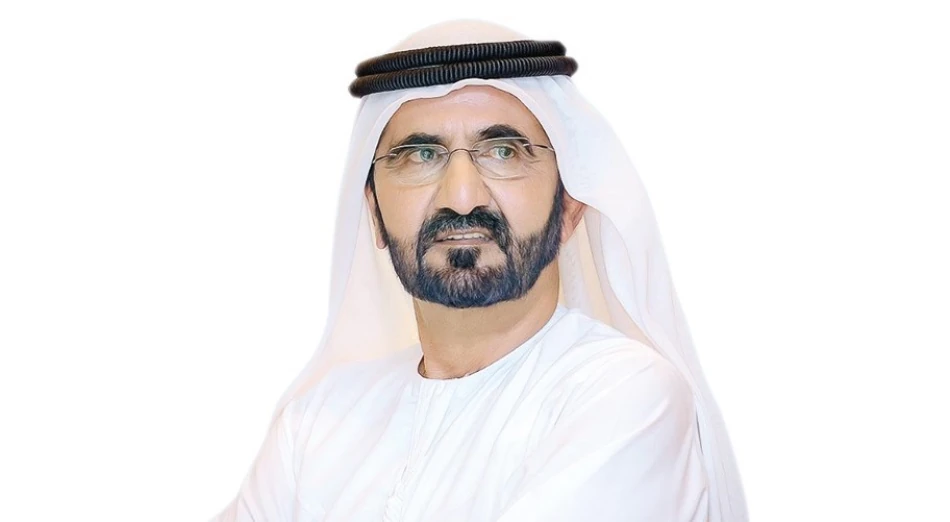
Dubai's Ruler Congratulates Muslims Worldwide on Prophet Muhammad's Birthday
UAE Leadership Extends Islamic New Year Greetings as Nation Balances Tradition with Global Ambitions
Sheikh Mohammed bin Rashid Al Maktoum, Vice President and Prime Minister of the UAE and Ruler of Dubai, has extended congratulations to the Islamic nation on the occasion of Prophet Muhammad's birthday, reflecting the UAE's continued emphasis on religious heritage amid its rapid modernization and global economic expansion.
Traditional Values in a Modern Context
In a message posted on his official X account, Sheikh Mohammed congratulated the Islamic community on "the anniversary of the birth of the best of mankind... the bearer of glad tidings and warnings... the illuminating lamp... and God's mercy to the worlds." He concluded his message with prayers that this occasion returns to the nation and the world "in goodness, security, prosperity, and stability."
Strategic Significance Beyond Religious Observance
This public acknowledgment of Islamic traditions comes at a time when the UAE continues to position itself as a bridge between East and West, maintaining strong Islamic identity while pursuing aggressive economic diversification. The timing is particularly notable as the Emirates seeks to attract both Islamic finance institutions and global investors to its burgeoning financial sector.
Regional Leadership Through Cultural Diplomacy
The UAE's approach to religious observances has become part of its broader soft power strategy in the Middle East. Unlike some regional powers that use religious messaging for political leverage, the Emirates has consistently framed such occasions in terms of unity, prosperity, and global cooperation. This messaging aligns with Dubai's role as a major international business hub and the UAE's position as a mediator in regional conflicts.
Economic Implications of Cultural Positioning
For investors and multinational corporations, the UAE's balanced approach to religious tradition and economic modernization continues to signal stability and predictability. The country's ability to honor Islamic values while maintaining one of the world's most business-friendly environments has been crucial to its success in attracting foreign investment, particularly from both Islamic and Western markets.
Comparative Regional Strategy
This approach contrasts sharply with other Gulf states that have either embraced more secular policies or doubled down on conservative religious positioning. Saudi Arabia's Vision 2030 has moved toward greater social liberalization, while Qatar has maintained more traditional stances. The UAE's middle path appears designed to capture benefits from both approaches without alienating key stakeholders.
The emphasis on "prosperity and stability" in Sheikh Mohammed's message reinforces the UAE's core value proposition to the international community: a reliable partner that respects tradition while embracing innovation and global integration.
Most Viewed News

 Sara Khaled
Sara Khaled






